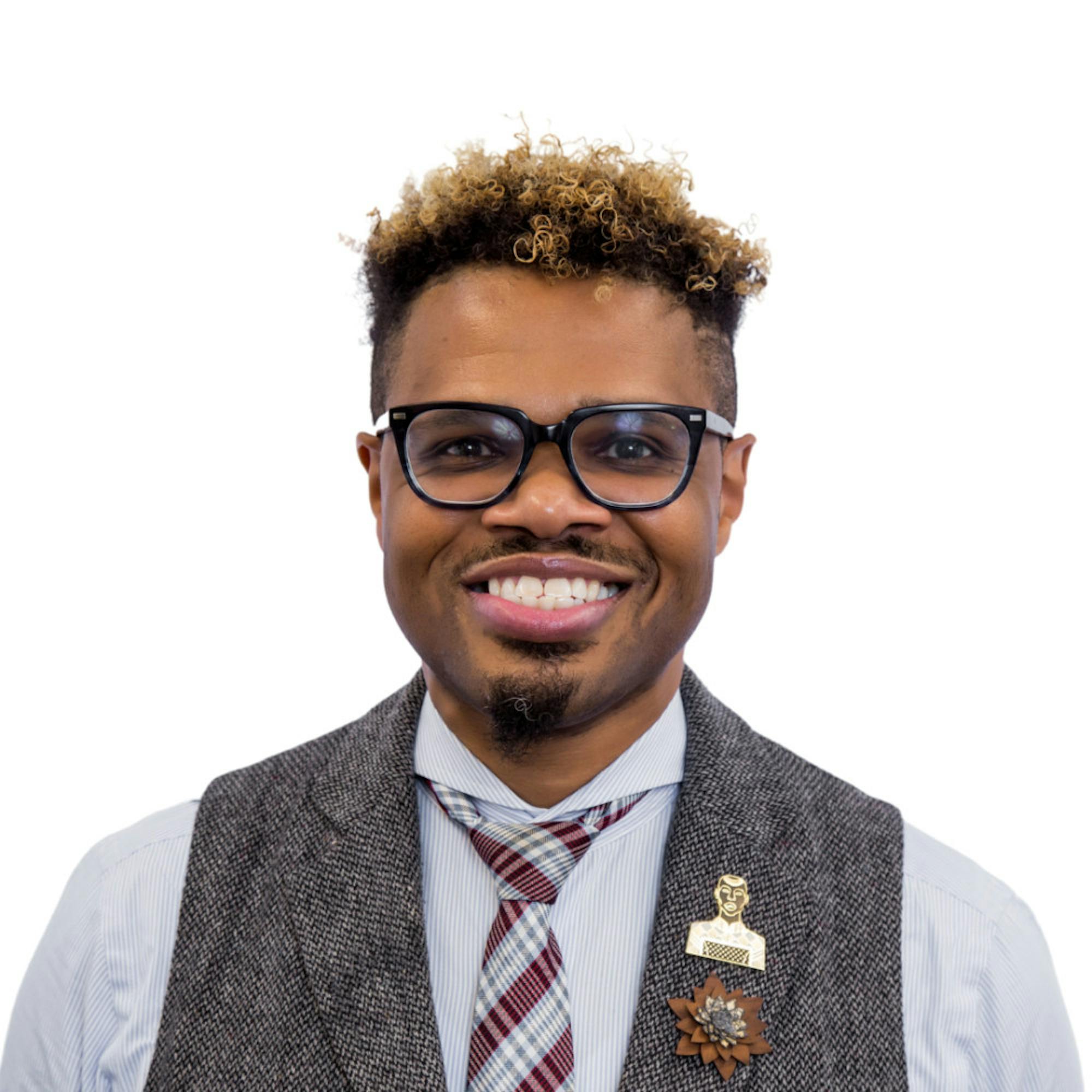Monroe France started his position as the first vice provost for diversity, equity, inclusion and justice at Tufts on April 3. Since then, he has met with students, faculty and staff across the university to discover DEIJ opportunities and challenges. The Daily spoke with France about his experience getting to know Tufts and the importance of his office in higher education.
Editor’s note: This interview has been edited for length and clarity.
The Tufts Daily (TD): Tufts released the initial findings of its Diversity, Equity and Inclusion Campus Climate Survey earlier this year. What stood out to you about Tufts, especially in comparison with your time at New York University?
Monroe France (MF): When I look at the climate survey at Tufts, there are no major surprises. When I look at the way Tufts approached the climate assessment — a little bit differently than what we’ve done at NYU when we did our climate assessment — generally, people are liking the climate. The feedback we got across the board is OK, with some distinctions. And some of those distinctions are not surprising: that some of the experiences of some of the staff and faculty of color are not congruent with the experiences of faculty and staff in the majority group. What I would say are some of the differences between the two universities is this conversation around class and economic stability. In my work at NYU, we did not ask those specific types of questions. So I think we have a lot more information here with this climate assessment at Tufts, where we can really understand how people are experiencing the economy.
TD: What are the next steps with this data set?
MF: We’re engaging an expert in the field, external to Tufts, that’s going to work with us to do a further analysis of the data so that we can develop a set of university-wide themes. The climate assessment is only one tool that we’ll use to create a strategic vision across the institution. My role is to help create strategic vision and strategic alignment across the institution.
My hope is that we’ll be able to do some real strategy that’s based on what we’ve learned from the climate assessment, and we’ll be working with the external consultant to help us to do that, and then finally, we’ll come out with a full report.
TD: In certain states, some universities have started to close their DEI offices after opening them only two years ago. How do you plan on using your office to set an example of the importance of your role for other universities in the country?
MF: I see my job as both internal and external. I’ve already come with years of experience in this work, globally. I’m deeply engaged in many global spaces in these conversations, both in higher education but also external to higher education. I believe this work has to be done across sectors and with deep partnership with tech firms, deep partnership with corporations and deep partnership with nonprofits. As a leader that has been in this space for over 20 years, pushing 25 years in this space, I think that, for me, it’s really critical that I’m in these spaces, uplifting the best strategies. I think my role as a person who’s been in the field for a long time is to also help create strategic alignment across institutions.
We have a big Supreme Court decision that’s coming out around affirmative action. I’m in conversations about that, on a national level, and in fact, I’m even going to be in global conversations about that this summer for an organization that brings together thought leaders across industries, because these really important people need to understand globally what we’re up against in terms of the attack on education.
It’s really critical that I am in conversations with colleagues throughout the field, on a national and global level, and it also helps to work to be stronger at Tufts, because when I’m out there listening to what other peers are doing and benchmarking, it helps me to think about our practice and our work here at Tufts in a more thoughtful and intentional way.
TD: Is there any aspect of your work that you feel often gets overlooked, especially when working with the various institutions within the university?
MF: You have to sometimes orient people to the idea that diversity, equity and inclusion maps across all areas. So I have to be in conversations with financial aid, with our legal counsel. I have to be in conversations with our IT people. I have to be in conversation with alumni development, every space across the institution, and then also the provost’s office and the president’s office. That, I think, is sometimes missed. There’s not one area of work for an institution that I should not be mapping into. I think that’s very lost on people who find it as an additive rather than embedding it.
TD: Are there any plans for a Juneteenth event this summer?
MF: Absolutely. We’re right now looking at two dates. We have a committee. That will include representation from across the university that will work with us to help create the vision and strategy for Juneteenth.






